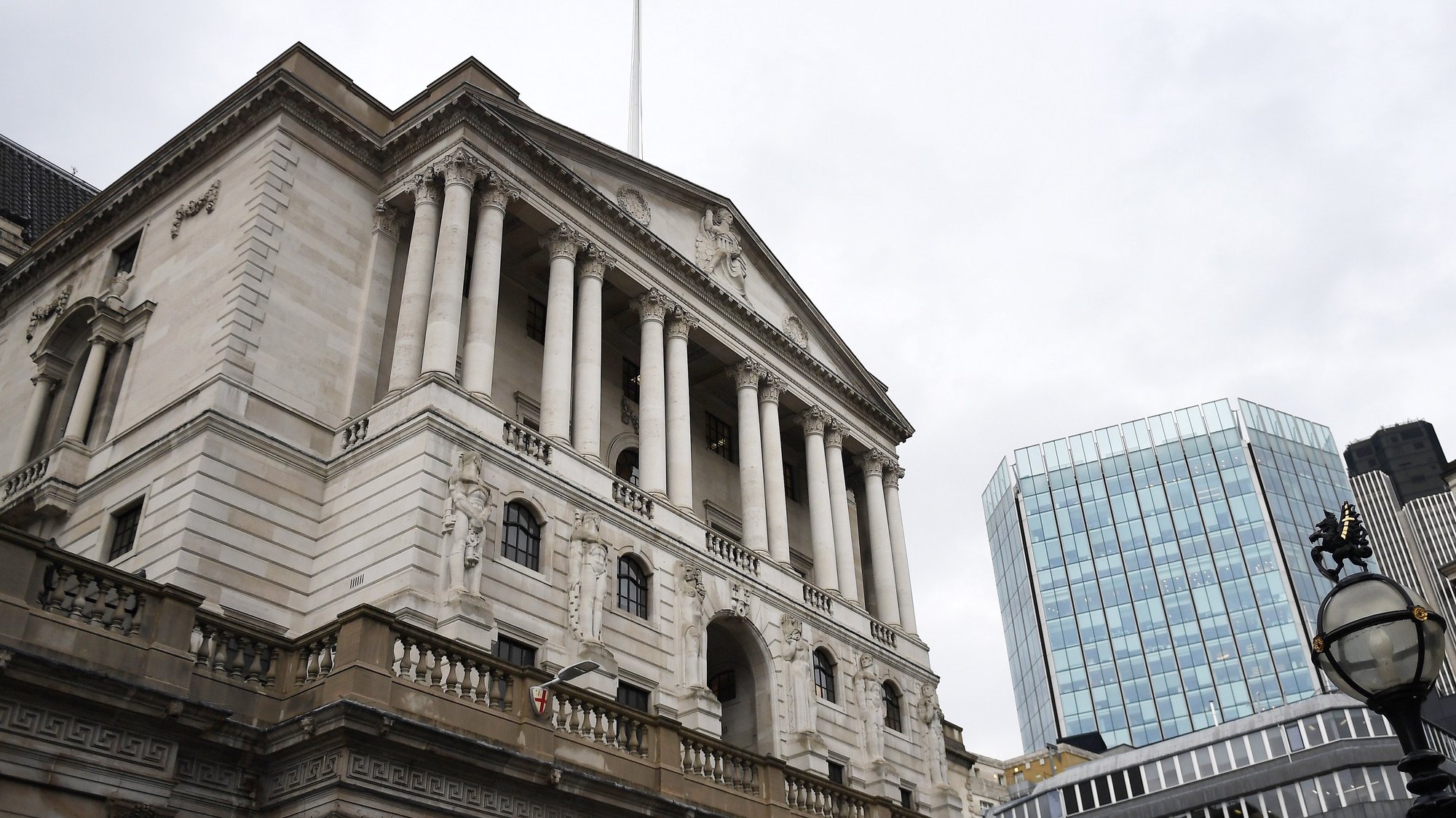The Bank of England on Thursday raised the benchmark interest rate in the United Kingdom from 1% to 1.25%, the highest level in 13 years, to combat rising inflation.
“Given continuing signs of strong price pressures […] and given the risk that these pressures become more persistent, the committee voted to increase the bank’s rate by 0.25 percentage point,” the bank said in a note at the end of the monetary policy committee meeting. For this reason, the British central bank chose to increase the reference rate, placing it at its highest levels since 2009, shortly after the outbreak of the financial crisis.
He said six of the committee’s nine members, including bank governor Andrew Bailey, supported the 0.25-point increase, but the other three members wanted a larger increase to contain inflation. Last month, the Bank of England had already raised interest rates by 0.25 percentage points to 1%.
The measure decided today follows that of the central banks of other countries. The British entity sees a weakness in the British economy and a new rise in inflation, possibly up to 11% in October. However, the bank said inflation could fall to just over 2%, a rate the bank would like to maintain, within two years.
In announcing the rate increase, the entity said it expects the country’s economy to suffer a 0.3% drop in the second quarter of the year. British inflation is at its highest level since 1982, while the unemployment rate currently stands at 3.8%.
On Wednesday, the United States Federal Reserve (Fed) decided to raise the reference interest rate by 75 basis points, the third increase since March and the largest since 1994.
The ECB will also “accelerate” the project of a new “anti-fragmentation” instrument to avoid a strong divergence between the interest rates of the North and South countries in the Eurozone. With these measures, the ECB intends to avert the threat of a new sovereign debt crisis that could jeopardize its anti-inflation policy.
Source: Observadora
